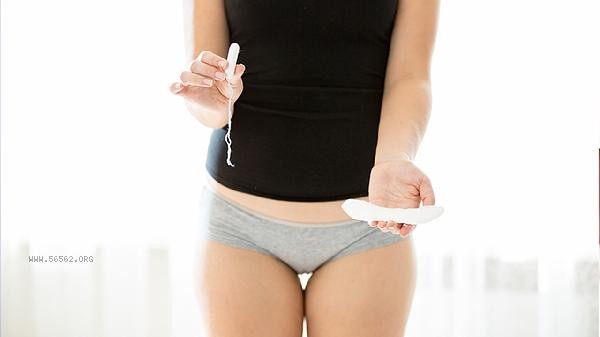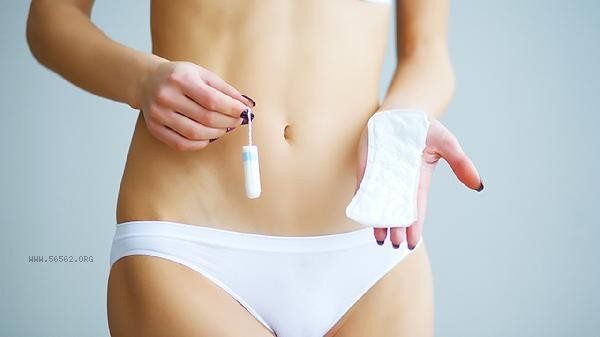Not eating during menstruation to lose weight may have a negative impact on physical health. During menstruation, women's hormone levels fluctuate greatly, and their bodies require more nutritional support. Excessive dieting at this time may lead to problems such as anemia and endocrine disorders. During menstruation, the basal metabolic rate of women will increase, and the body needs to consume more energy to maintain normal physiological functions. If one deliberately reduces their dietary intake at this time, it can easily lead to unstable blood sugar levels, resulting in symptoms of low blood sugar such as dizziness and fatigue. During the process of endometrial shedding, some blood is lost, and the demand for nutrients such as iron increases. insufficient diet may exacerbate the risk of iron deficiency anemia. Long term dieting during menstruation may also interfere with the function of the hypothalamic pituitary ovarian axis, causing menstrual cycle disorders and even amenorrhea. Some individuals with special physical conditions may be more sensitive to dietary changes during menstruation. Some women may experience overeating during premenstrual period, which is a normal physiological response caused by elevated levels of progesterone. If normal appetite is forcibly suppressed, it may lead to eating disorders such as overeating. Women with underlying diseases such as polycystic ovary syndrome and thyroid dysfunction may experience exacerbation of their condition through improper dieting during menstruation.

During menstruation, a balanced diet should be maintained, with an appropriate increase in iron rich foods such as red meat and animal liver, as well as high-quality protein and complex carbohydrates. You can choose to eat less and eat more to control total calories and avoid high-fat and high sugar foods. It is recommended to use gentle exercises such as yoga and walking to assist in weight control and ensure daily water intake. If it is necessary to adjust the diet structure, it is best to do so under the guidance of a professional nutritionist to avoid blindly dieting and affecting reproductive health.











Comments (0)
Leave a Comment
No comments yet
Be the first to share your thoughts!